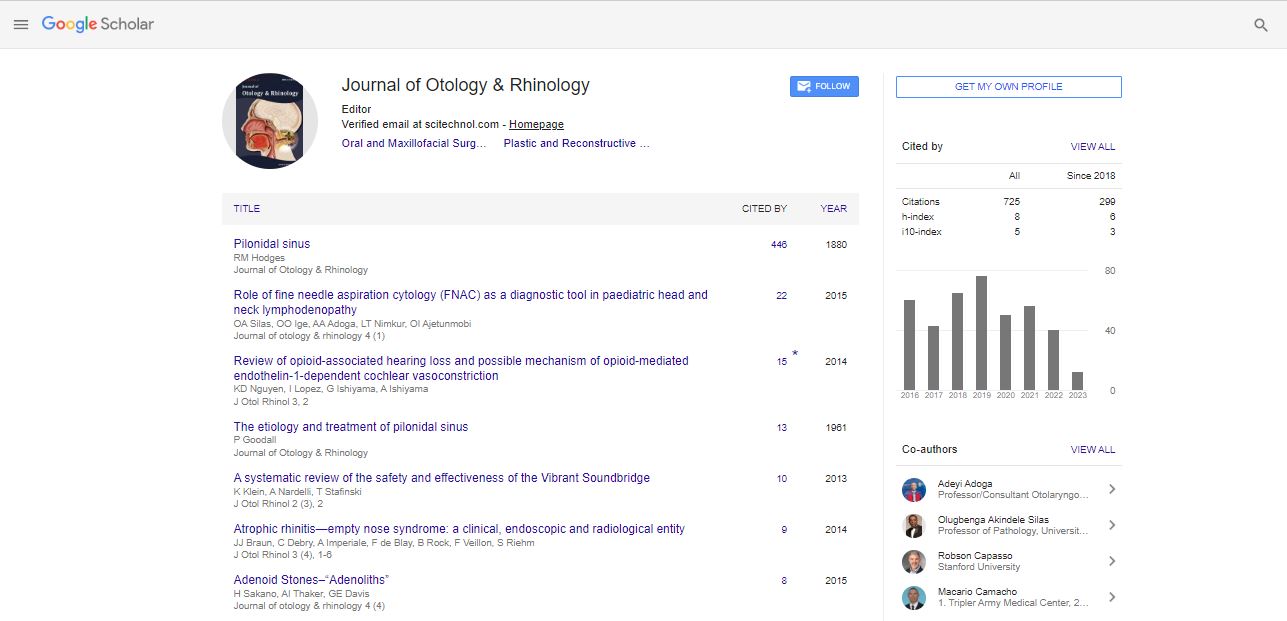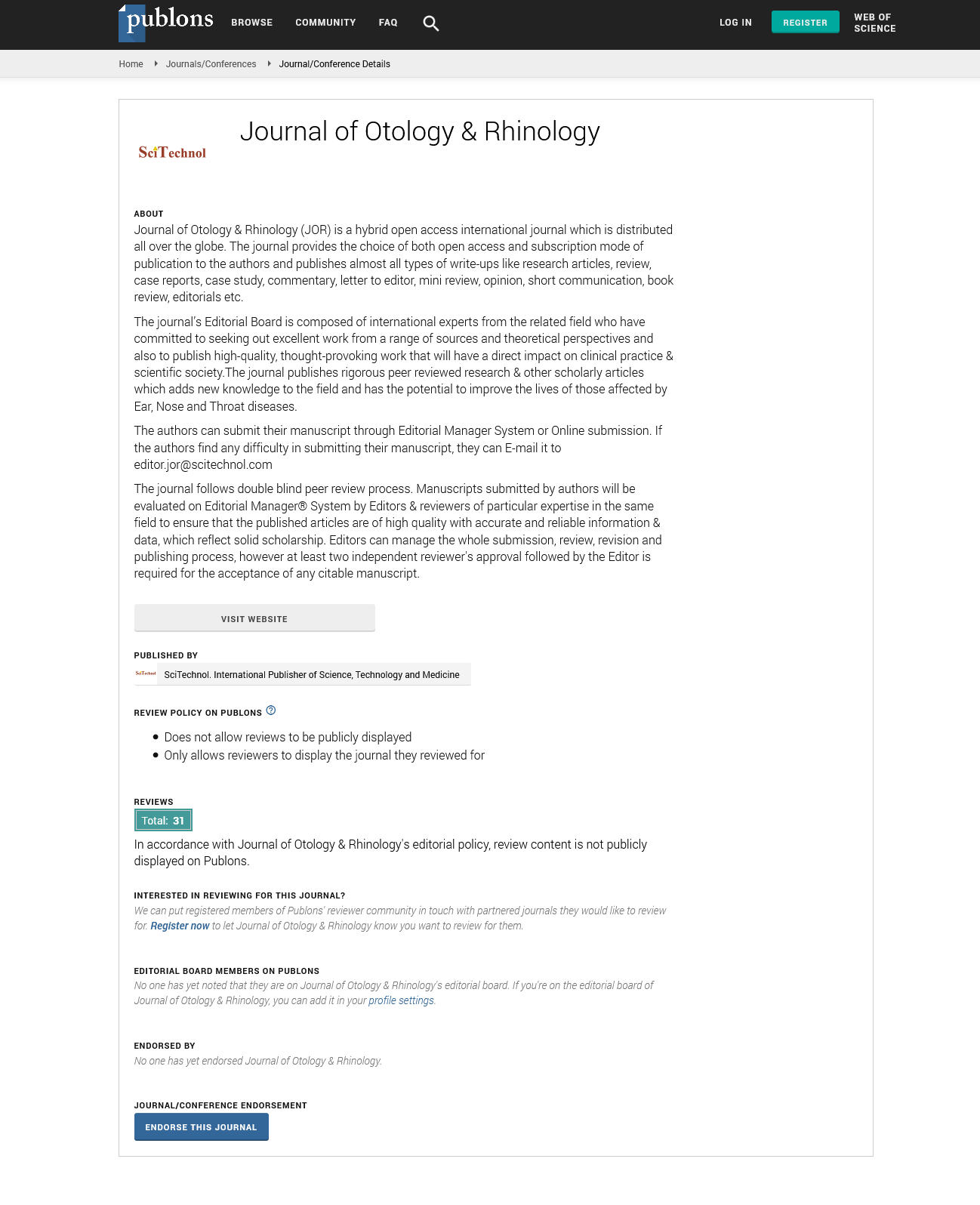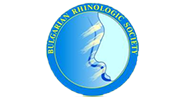Pilot study: Does ColdZyme mouth spray reduce upper respiratory tract infection incidence or duration in endurance athletes?
Glen Davison
University of Kent, UK
: J Otol Rhinol
Abstract
Introduction: Endurance athletes have a high incidence of upper respiratory tract infection (URTI). ColdZyme® Mouth Spray (ColdZyme) is a CE-marked medical device in the form of a mouth spray that forms a barrier in the throat against common cold viruses. Aim: The aim of this study is to assess the effects of ColdZyme on URTI incidence and symptom ratings in endurance athletes under free-living conditions. Methodology: The methodology involved a prospective, open label pilot study. Design & Participants: Thirty Five endurance-trained, competitive athletes were randomized to control (no treatment) or ColdZyme. They were monitored over the study period (December 2017 - February 2018) via training and illness symptom logs (Jackson common cold questionnaire). total of 35 completed (n=17 control; n=18 ColdZyme). Results & Discussion: At least one episode was recorded during the study period in 91% of all participants (94% control, 89% treatment). Fifty episodes were recorded in total over the study period with no difference between groups in the mean incidence rate (episodes/person: 1.4±0.7 Control, 1.6±0.9 Treatment, P=0.266). Episode duration was 10.9±10.2 days in Control and 8.3±6.3 days in Treatment (P=0.098). When use compliance was examined, those in the treatment group with good compliance to the product instructions for use (IFU) were observed to have significantly lower (P=0.038) episode duration (7.1±6.6 days). Conclusions: ColdZyme did not influence self-reported URTI incidence. However, the duration was significantly lower in the treatment group but only when the device is used in accordance with the manufacturer IFU.
Biography
Glen Davison obtained his PhD (Nutrition and Exercise Immunology) in 2006 from Loughborough University, UK (BSc, 2001; MSc, 2002; Sheffield Hallam University respectively). He is a Chartered Scientist (CSci) and BASES accredited Sport and Exercise Scientist (Physiology). He is the Director of graduate studies and Coordinator of the Endurance Research Group at the University of Kent, UK. His interests include: immune system function in athletes and how the human immune system responds to exercise; nutrition and exercise immunology; exercise immunology in people with Diabetes; exercise and immune function in people with chronic obstructive pulmonary disease (COPD) and exercise in people with Parkinson's disease.
E-mail: G.Davison@kent.ac.uk
 Spanish
Spanish  Chinese
Chinese  Russian
Russian  German
German  French
French  Japanese
Japanese  Portuguese
Portuguese  Hindi
Hindi 


